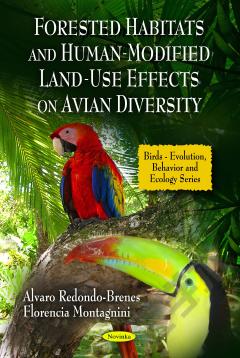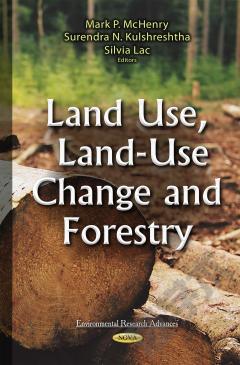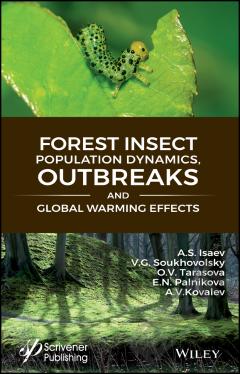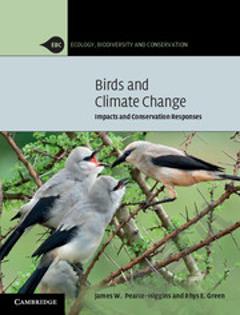Forested Habitats and Human-Modified Land-Use Effects on Avian Diversity
In the last two decades, as a result of the limitations of protected areas in providing habitat for many wildlife species, efforts have shifted to studying wildlife conservation in human-dominated landscapes. The present study was carried out in the Path of the Tapir Biological Corridor, Costa Rica. The corridor encompasses 55 rural communities with more than 10,000 people. Deforestation and development are the main threats to biodiversity in the region. The main objective of this study was to estimate the contribution of ten habitat types: forested areas, agroforestry systems, and other human-dominated land uses on the conservation of bird species in the corridor.
{{comment.content}}








 京公网安备 11010802027623号
京公网安备 11010802027623号